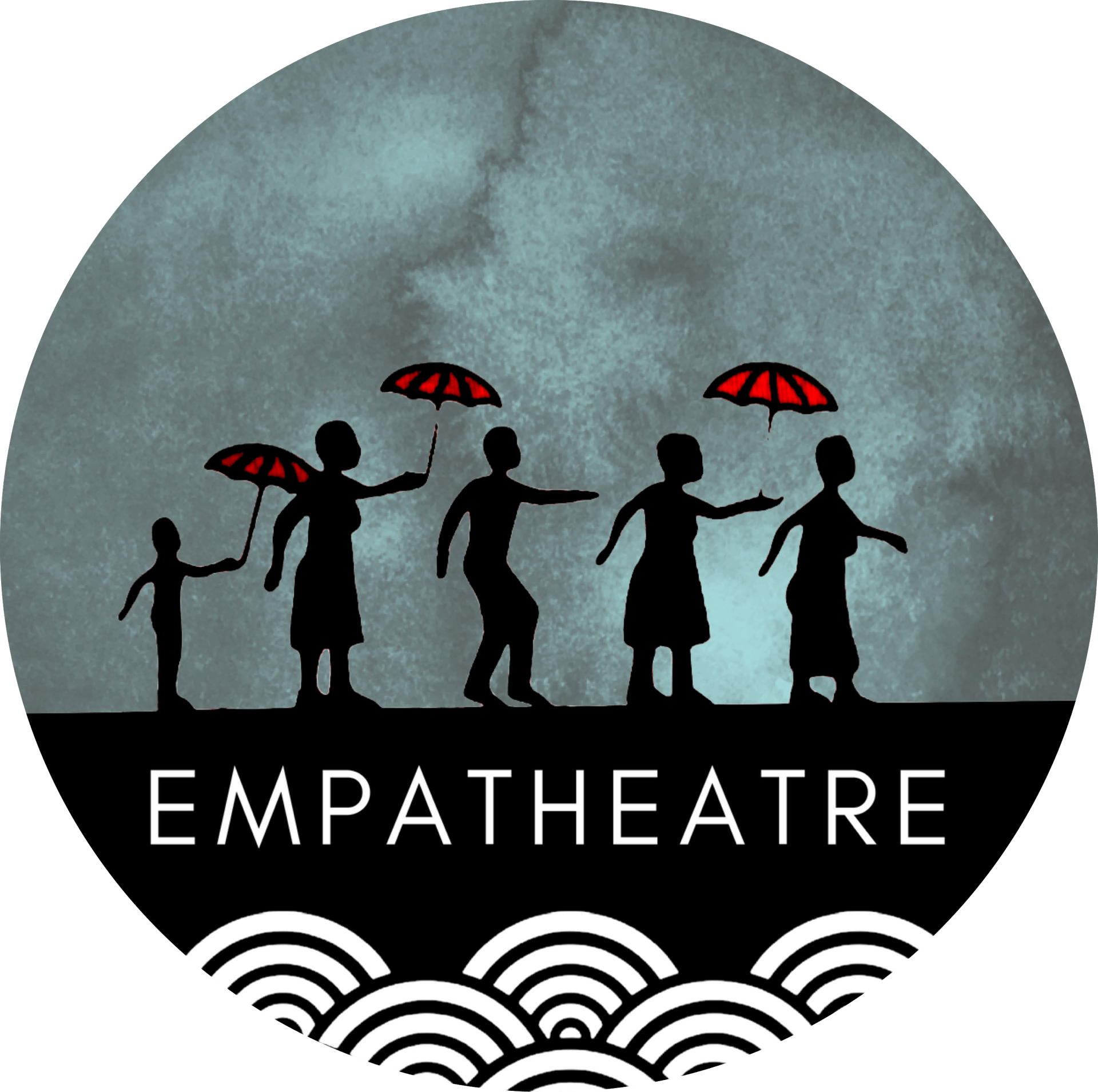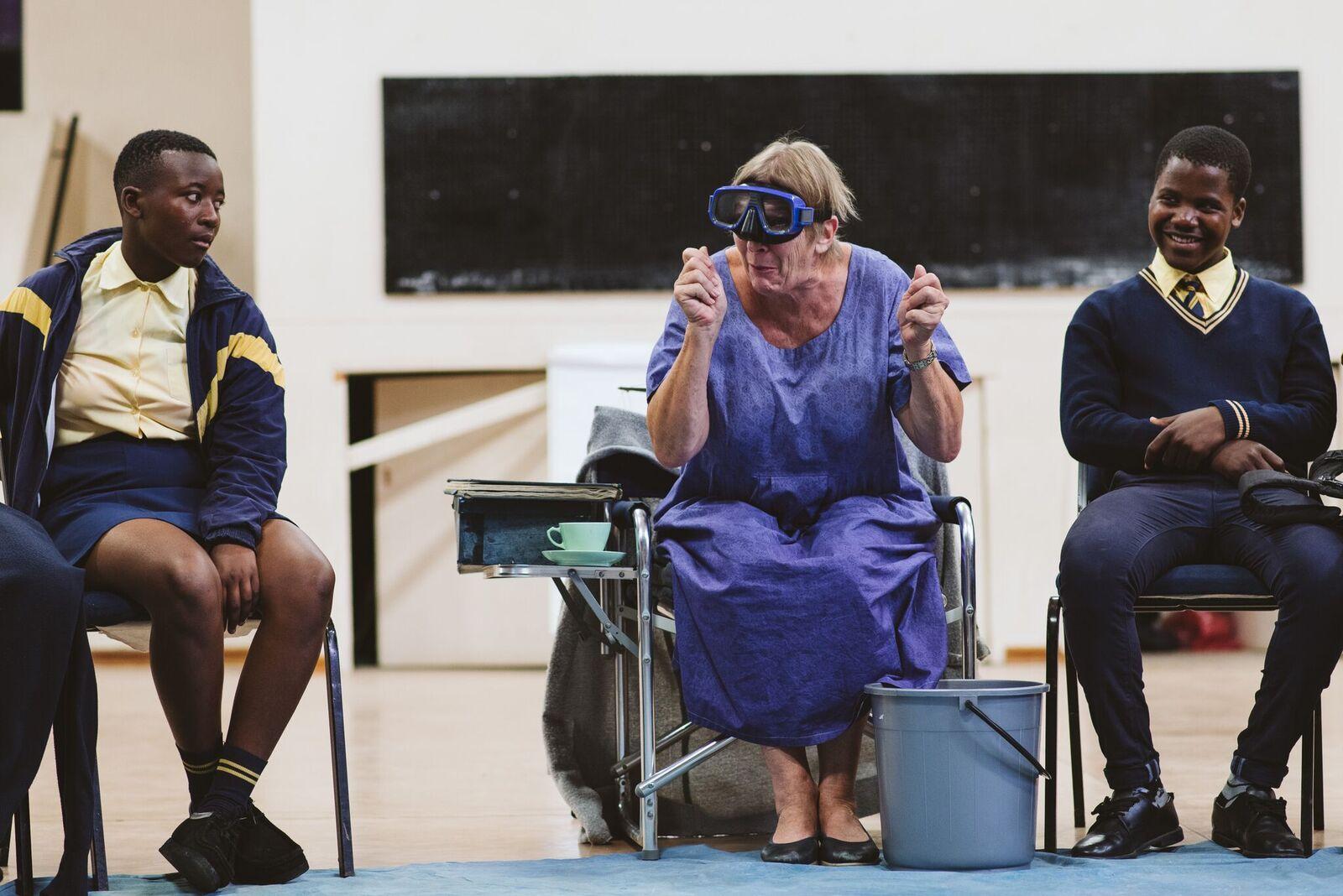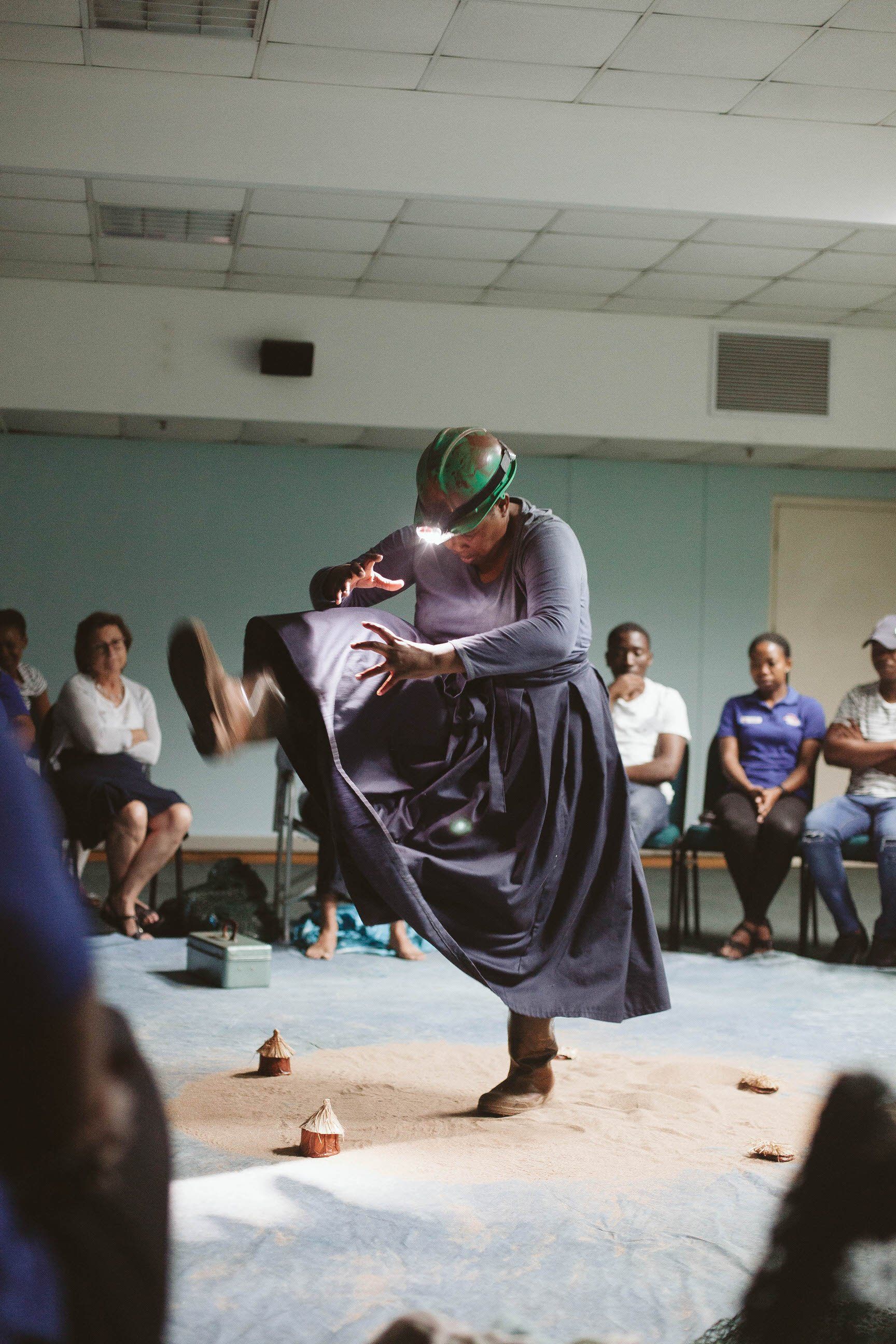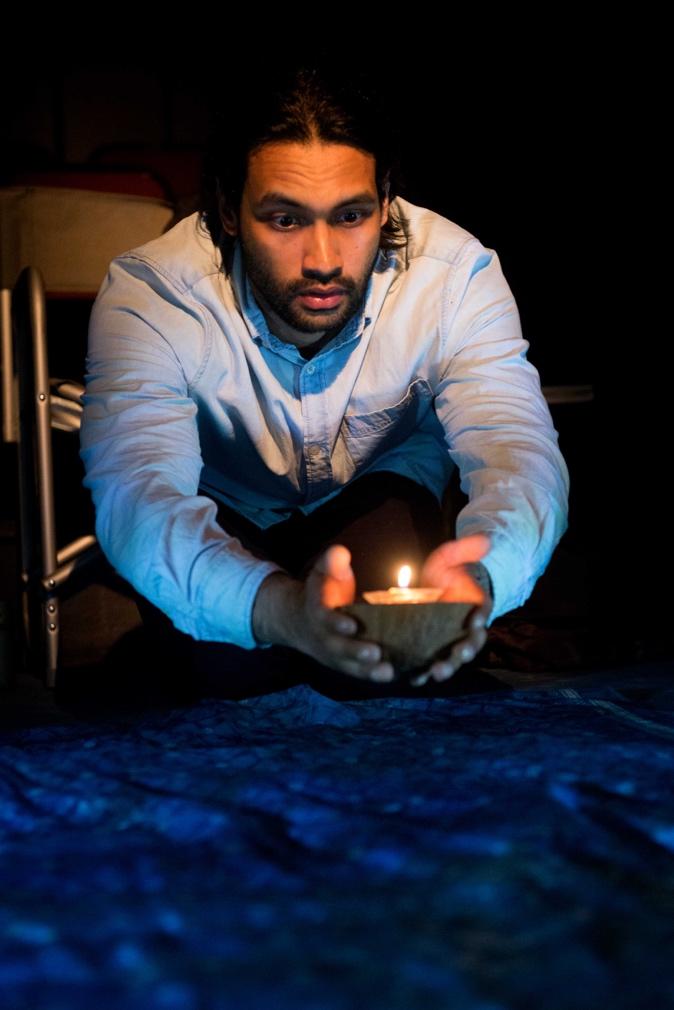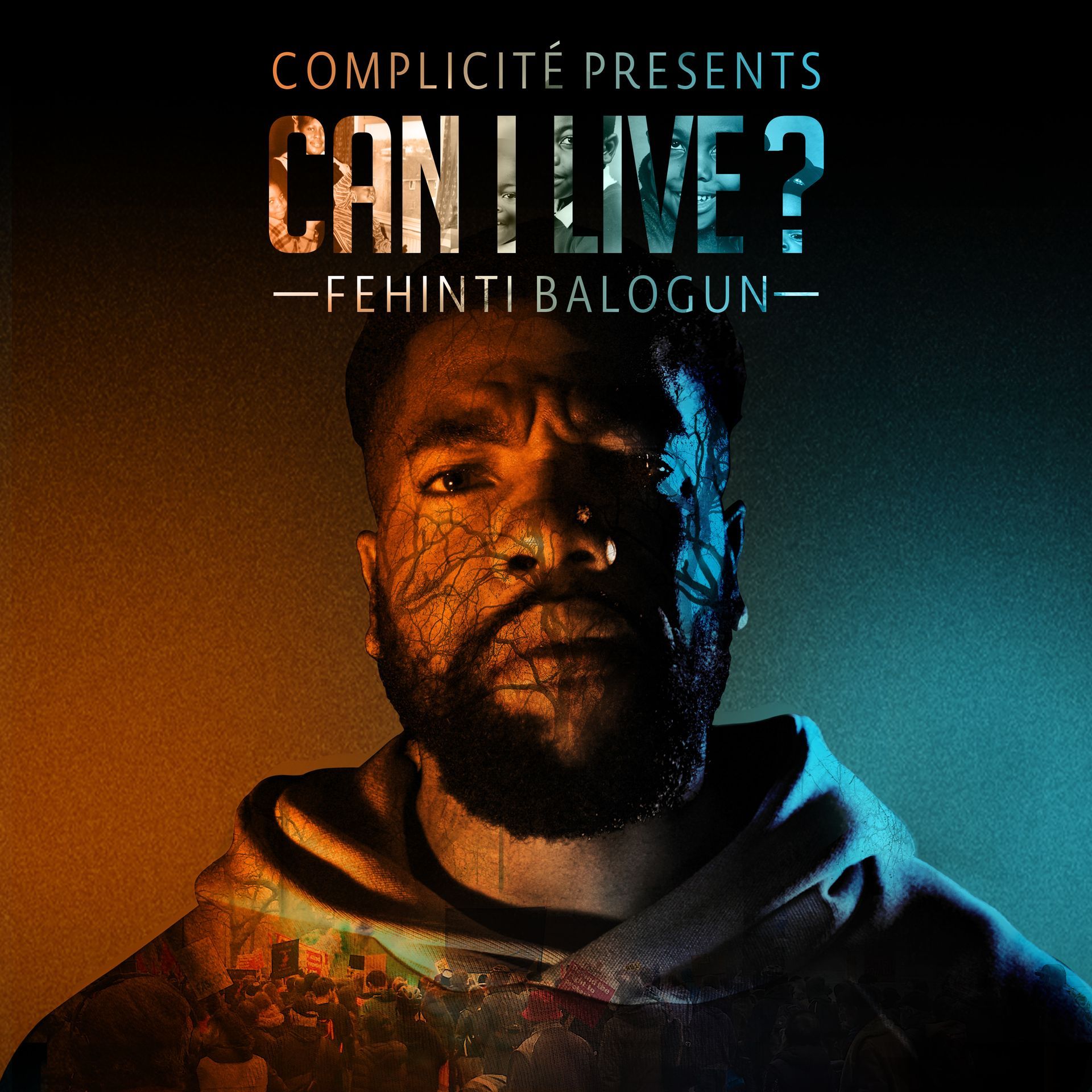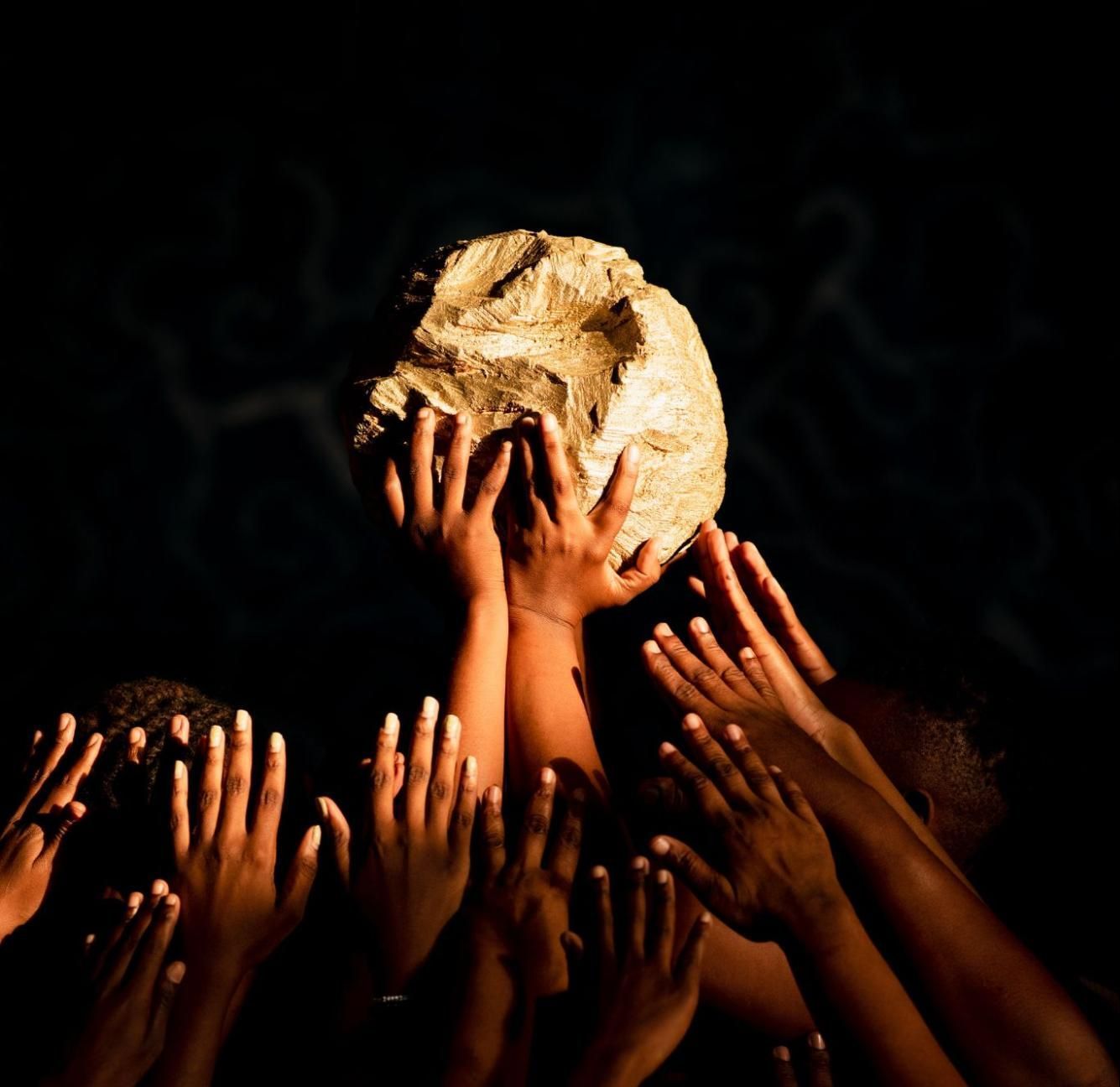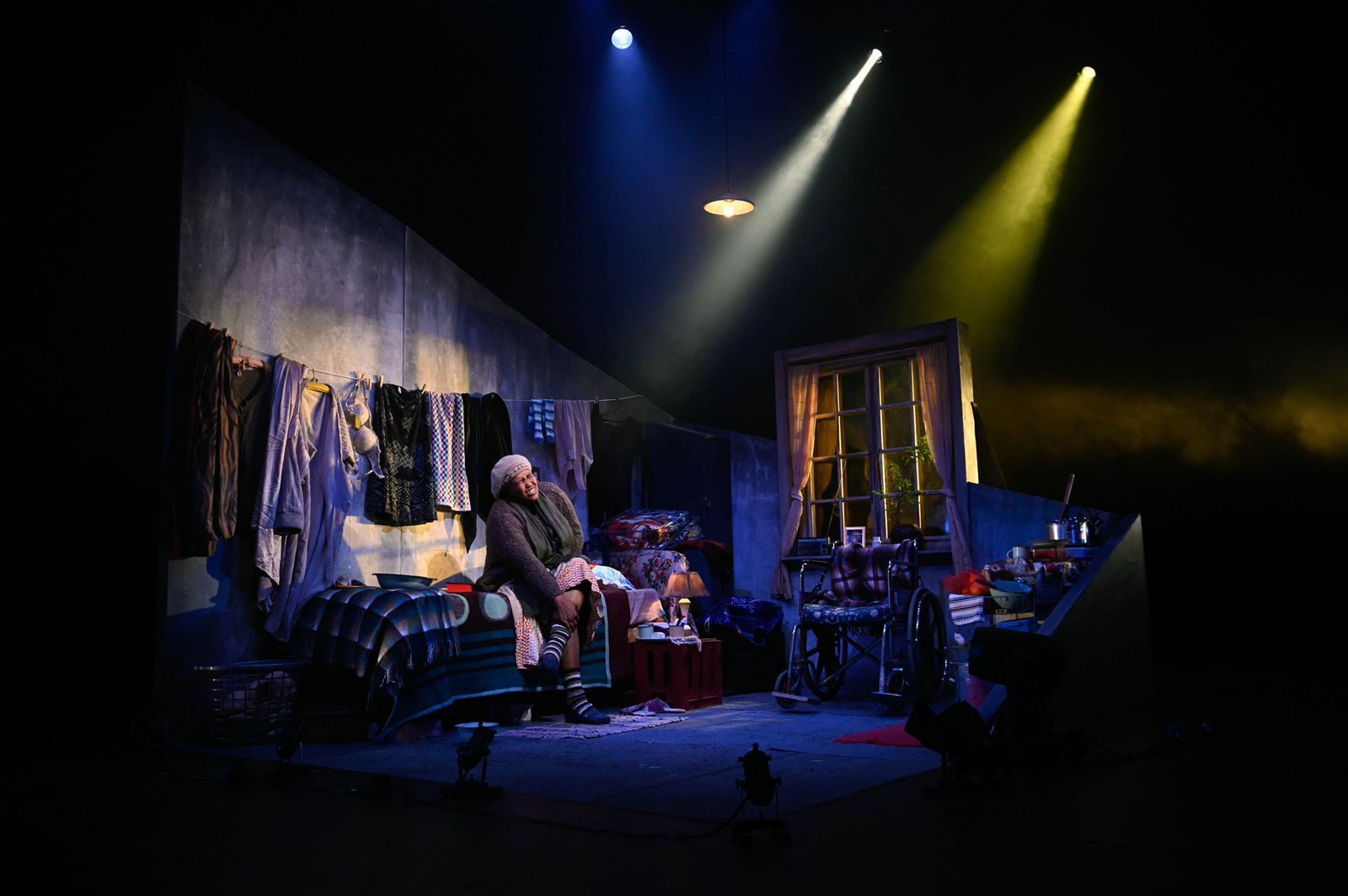How people now choose to behave, make collective decisions and build solidarity around the health of oceans has an impact not just on our own species but on all life on earth.
In the drive to rebuild economies after the COVID-19 pandemic, will nation states and big business return to a myopic view of the oceans as a source of GDP growth and shareholder profit? Or could we expand our imaginations to listen to a multitude of voices that care for the ocean?
A theatre production in South Africa has been trying to find a way. The Lalela uLwandle (Listen to the Sea) research and engagement project, implemented along the KwaZulu-Natal coastline in 2019, offers some useful ideas for such an expansion.
A chorus of voices
The idea emerged from a public consultation meeting. It was between community representatives from small towns along the coastline, and the Petroleum Association of South Africa. Many felt they had not been adequately consulted in an environmental impact assessment for permits to drill for oil and gas along the coastline.
The association, a regulatory body meant to consider public needs when granting or denying such licences, was sympathetic to some of the arguments. But the consultation process failed to make room for the different perspectives and concerns in the room.
In response, a team of researchers working in ocean governance from Rhodes University and the Durban University of Technology began the Lalela project. It set out to explore how different coastal people, in and around the coastal city of Durban, make sense of their relationship with the ocean.
The research participants included a broad spectrum. They were small-scale and subsistence fishers, marine scientists, activists, church followers, marine educators at the aquarium and sangomas (traditional healers).
The opening question was simple: What are your first memories of the sea? It’s important because the symbolic, scientific and spiritual meanings of the oceans are key to understanding humans’ relationship with the oceans. Memories, belief systems, stories and myths are powerful ways in which we make sense of our world and choose to act on and in it.
